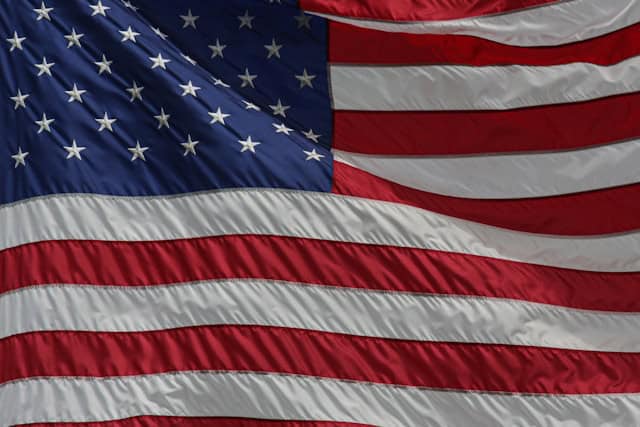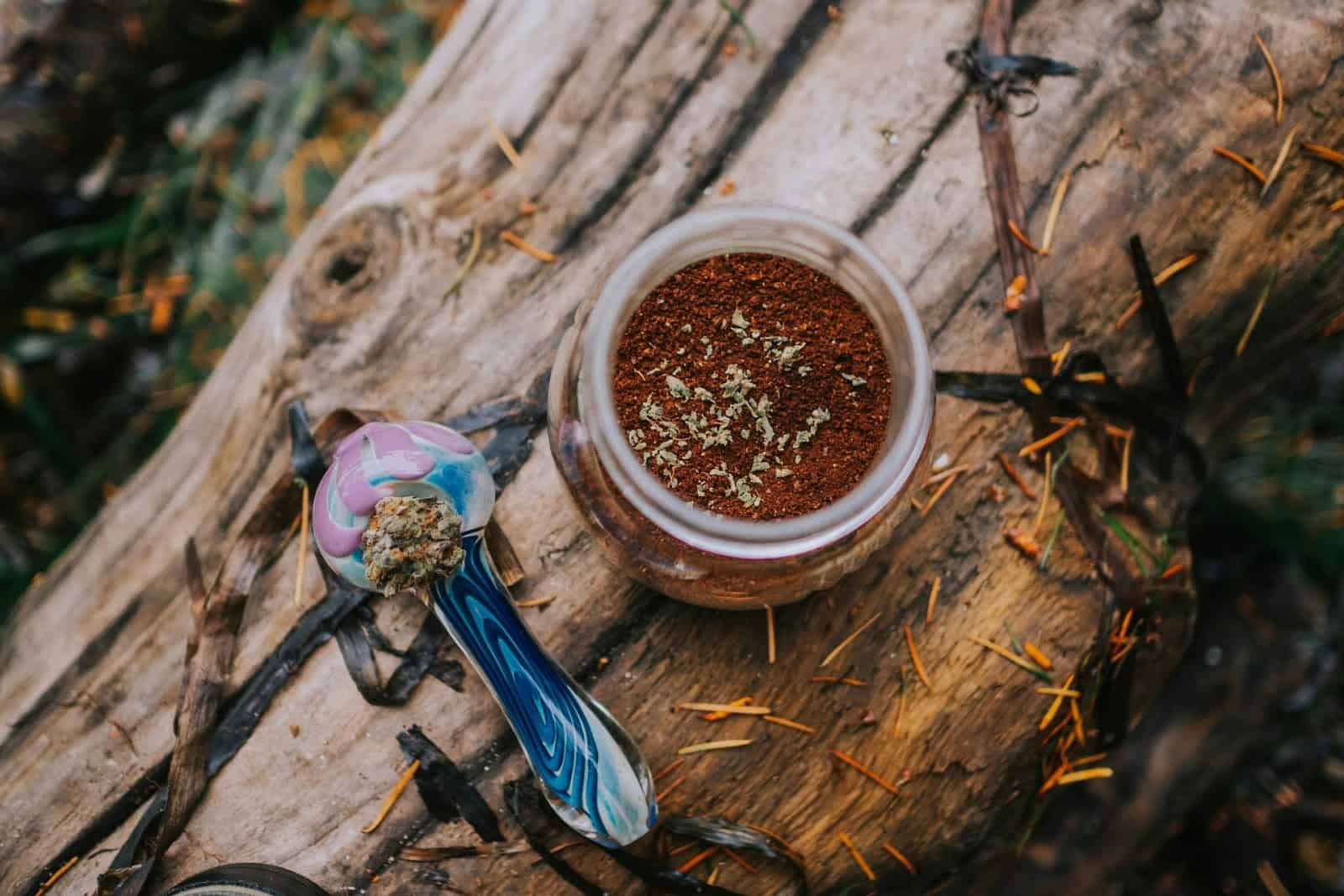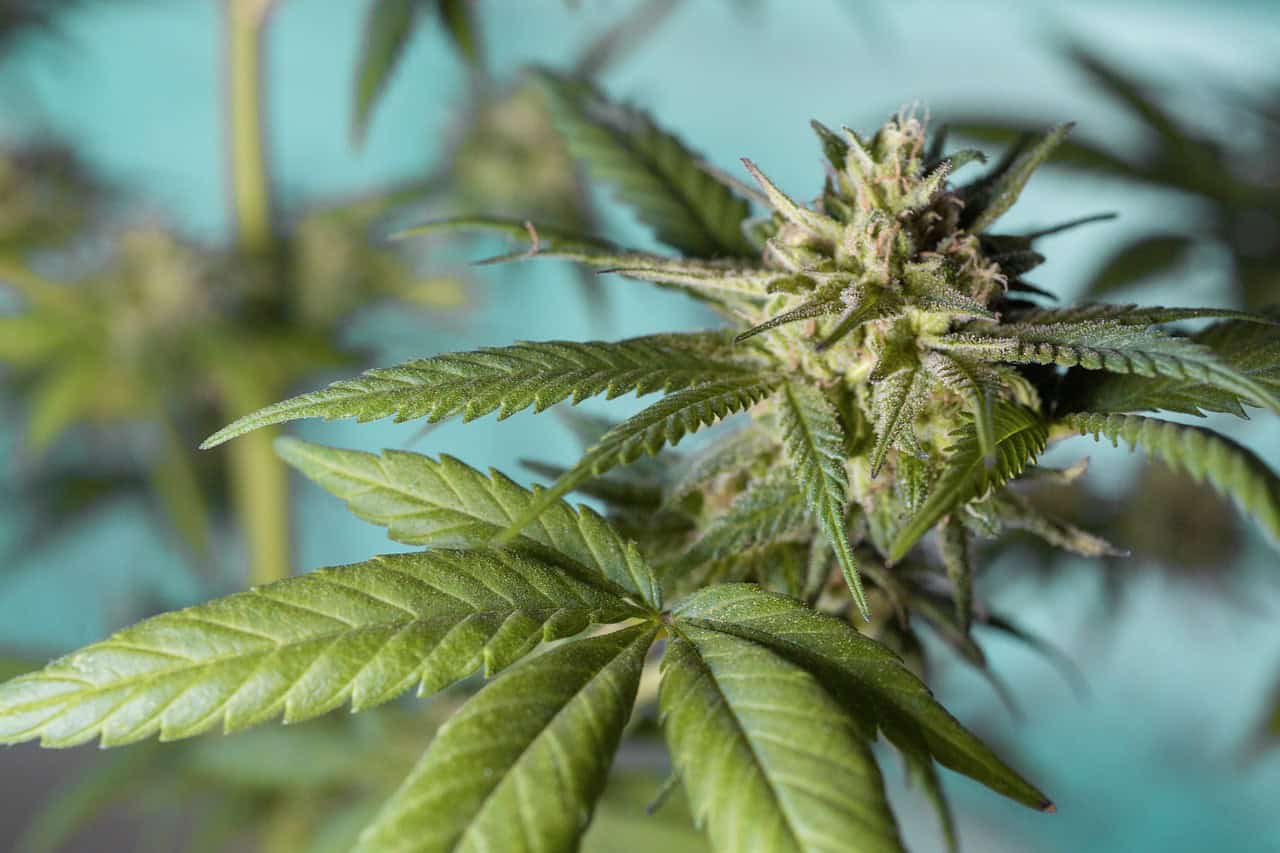
Is CBD Legal in Kansas
Yes, CBD products are legal in Kansas
 Legal
Legal
Kansas law states that CBD is only legal if it contains 0% THC. The Kansas Bureau of Investigation stated that only CBD isolate products were allowed. SB263 permitted the Kansas Department of Agriculture to grow and research hemp.
CBD, or cannabidiol is a compound derived from the cannabis plant. CBD has the potential to offer therapeutic benefits without psychoactive effects. It has shown promise in alleviating pain, reducing anxiety, and improving the quality of sleep. Research into CBD is still ongoing, but it has shown effectiveness in treating a variety of ailments. Before buying CBD in Kansas, make sure to check the lab test results for each product to ensure that they are labeled accurately.
There is no age requirement to purchase CBD products in Kansas, but most stores require that buyers be at least 18 years of age.
CBD is not considered by the United States to be an illegal drug as long as it is under 0.3% THC. In the prescription setting, there is a drug called Epidiolex that contains CBD. This prescription drug is used to treat seizures.
CBD gummies should contain less than 0.3% THC by weight. It's important to check third-party test results for products to make sure that they are labeled accurately.
CBD is one of the compounds found within weed. It's the extract of cannabidiol, the non-psychoactive part of the plant.
Cats are able to take CBD oil. The effects of CBD oil in cats are similar to the effects in humans. CBD oil can be used to treat chronic pain in cats.
While CBD can remain in the blood for up to 36 hours, 500 mg of CBD will usually stay in the blood plasma for up to 21 days.
While CBD can remain in the blood for up to 36 hours, 500 mg of CBD will usually stay in the blood plasma for up to 21 days.
Is THC Legal in Kansas
No, THC products are illegal in Kansas
 Legal
Legal
You cannot legally buy THC in Kansas, as all forms of marijuana, including THC products, are illegal in the state. Therefore, there is no minimum age requirement for purchasing THC, since it is not available for sale or legal use.
Kansas does allow the sale of hemp-derived products containing less than 0.3% THC, such as CBD oil, but these products do not have a specific age restriction for purchasing. However, since THC-containing products are illegal, there is no legal market for purchasing them in Kansas. Consequently, the lack of legality means there are no age restrictions for purchasing THC in the state.
No, Kansas does not have third-party testing for THC products since THC is illegal in the state. Where there is no legal THC market, there are no testing and quality assurance mechanisms.
Kansas allows the sale of hemp derivatives, including CBD oil, as long as they contain less than 0.3% THC. However, there is no state law requiring third-party testing for these hemp products. Therefore, consumers need to be cautious and do their research before buying any product made from hemp, since different producers may have widely varied standards in manufacturing quality and safety.
No, Kansas does not have third-party testing for THC products since THC is illegal in the state. Where there is no legal THC market, there are no testing and quality assurance mechanisms.
Kansas allows the sale of hemp derivatives, including CBD oil, as long as they contain less than 0.3% THC. However, there is no state law requiring third-party testing for these hemp products. Therefore, consumers need to be cautious and do their research before buying any product made from hemp, since different producers may have widely varied standards in manufacturing quality and safety.
Is Delta-8 Legal in Kansas
Yes, Delta-8 products are legal in Kansas
 Legal
Legal
Delta-8 THC is legal in Arkansas thanks to a judge granting an injunction that stops the state from enforcing its ban on delta-8 and similar THC products; Delta-8 tetrahydrocannabinol (Delta-8 THC) is a cannabinoid found in the cannabis plant, recognized for its psychoactive effects, although they are generally milder compared to the more well-known Delta-9 THC. The debate surrounding Delta-8 primarily revolves around its legality, potential health risks, and the techniques employed in its production. Despite being derived from hemp, which was legalized in the United States through the 2018 Farm Bill, the extraction and conversion processes have faced regulatory scrutiny. Critics argue that these processes may introduce impurities and safety concerns. Additionally, there are concerns about its potential effects, especially when consumed by vulnerable populations like minors, as Delta-8 products are often marketed as a legal and less potent alternative to traditional marijuana. Hence, the regulatory landscape and public sentiment surrounding Delta-8 THC remain intricate and contentious.
Delta-8 THC is legal in Arkansas thanks to a judge granting an injunction that stops the state from enforcing its ban on delta-8 and similar THC products; Delta-8 tetrahydrocannabinol (Delta-8 THC) is a cannabinoid found in the cannabis plant, recognized for its psychoactive effects, although they are generally milder compared to the more well-known Delta-9 THC. The debate surrounding Delta-8 primarily revolves around its legality, potential health risks, and the techniques employed in its production. Despite being derived from hemp, which was legalized in the United States through the 2018 Farm Bill, the extraction and conversion processes have faced regulatory scrutiny. Critics argue that these processes may introduce impurities and safety concerns. Additionally, there are concerns about its potential effects, especially when consumed by vulnerable populations like minors, as Delta-8 products are often marketed as a legal and less potent alternative to traditional marijuana. Hence, the regulatory landscape and public sentiment surrounding Delta-8 THC remain intricate and contentious.
In spite of Delta-8's standing as less potent than Delta-9 THC, it can still provoke psychoactive effects, emphasizing the urgency for judicious use. Individuals with pre-existing medical conditions or undergoing medication should solicit advice from a healthcare professional before venturing into Delta-8.
Delta-8 THC exerts its influence on the body by connecting with the CB1 receptors of the endocannabinoid system, predominantly found in the central nervous system. This interaction elicits psychoactive effects, typically of a less intense nature compared to Delta-9 THC. Users commonly relay sensations of relaxation, euphoria, and a shift in sensory perception. Delta-8 may also stimulate an increased appetite, induce dry mouth, and lead to red eyes. However, the manifestation of its effects can widely differ among individuals, influenced by factors such as dosage, tolerance, and the unique sensitivity of each person to cannabinoids.
Delta-8 THC is legal in Kansas, even though the state’s attorney general argues it’s not, resulting in police in some counties raiding Delta-8 shops.
Although Delta-8 THC and Delta-9 THC have similar chemical makeups, Delta-8 is generally known for its reduced potency and the tendency to produce a gentler, more clear-headed high. Many users opt for it as a more functional option.
Different variations of Delta-8 THC are at one's disposal, ranging from edibles, vape cartridges, tinctures, to capsules. The method chosen for consumption is subjective and guided by individual tastes and the intended effects.
Ongoing debates and research revolve around the safety of Delta-8 THC. Despite its common perception as less potent with milder psychoactive effects than Delta-9 THC, concerns persist about potential impurities introduced during production. Safety considerations, contingent on individual health, usage patterns, and dosage, underscore the need for thorough scientific investigations to conclusively assess its safety, especially in the absence of well-defined regulatory guidelines.
Typically reported side effects may involve a dry mouth, red eyes, an increased heart rate, and short-term memory lapses. Generally, these effects are less severe than those associated with Delta-9 THC.
Certainly, the ingestion of Delta-8 THC might lead to a positive result on a drug test, as numerous tests cannot discern between Delta-8 and Delta-9 THC. If drug testing is a concern, exercising caution with Delta-8 products is recommended.
Your eligibility to buy Delta-8 products may vary based on your geographic location, as age restrictions commonly determine a minimum age of either 18 or 21 years old. To ensure legal conformity, take the time to understand your local age criteria through local regulation research.
Delta-8 products can be found through various channels, from licensed dispensaries to online retailers and select convenience stores. Prior to buying, it's essential to scrutinize the legality of Delta-8 in your region and opt for a trustworthy seller dedicated to both product excellence and compliance with local regulations.
Is Delta-9 Legal in Kansas
No, Delta-9 products are illegal in Kansas
 Legal
Legal
In Kansas, there are no specific age restrictions for purchasing Delta-9 THC products derived from hemp. However, since these products are often sold alongside other cannabis-related items, retailers may enforce age restrictions similar to those for tobacco and other age-regulated products. Typically, this means you must be at least 18 years old to purchase hemp-derived Delta-9 THC products
No, it is not legal to smoke Delta-9 THC flower in Kansas. Although hemp-derived Delta-9 THC products with less than 0.3% THC are legal under federal and state law, Kansas has strict regulations regarding the use of cannabis.
Smoking Delta-9 THC flower remains illegal in the state, and the legal use of cannabis is generally limited to certain medical contexts under strict conditions.
Yes, in Kansas, Delta-9 THC products must undergo third-party testing. This process verifies that the products adhere to state quality standards, meet federal guidelines (including containing less than 0.3% Delta-9 THC), and are free from contaminants like pesticides, heavy metals, and residual solvents.
In any case, it is always recommended that you take the time to review these lab reports to ensure product safety and potency, regardless of legal requirements.
Is HHC Legal in Kansas
No, HHC products are illegal in Kansas
 Legal
Legal
In Kansas, the age requirement for purchasing HHC (Hexahydrocannabinol) products varies based on the type of product. For hemp-derived HHC, you generally need to be at least 18 years old. These products are available in various retail settings, including convenience stores, vape shops, and online.
However, marijuana-derived HHC products are currently not legal in Kansas. If this changes in the future, you would likely need to be at least 21 years old to purchase them from licensed dispensaries, in line with the state’s regulations for medical or recreational marijuana.
Yes, it is legal to smoke hemp-derived HHC (Hexahydrocannabinol) flower in Kansas, as long as it complies with federal and state regulations. This means the HHC must be derived from hemp and contain less than 0.3% Delta-9 THC.
In Kansas, while there is no specific state mandate for third-party testing of HHC products, reputable manufacturers and retailers typically conduct such testing to ensure product safety and compliance with federal standards. This testing helps verify that hemp-derived HHC products meet quality standards, contain less than 0.3% Delta-9 THC, and are free from contaminants such as pesticides, heavy metals, and residual solvents.
Keep in mind that reputable manufacturers and retailers usually provide certificates of analysis (COAs) from independent labs, demonstrating that their products have been tested and meet the required standards. While state-specific regulations in Georgia may not mandate third-party testing for all hemp-derived products, purchasing from reputable sources that provide lab-tested products is highly recommended.
Disclaimer
This information is derived from our independent research. Our team aims to ensure that we give you accurate up-to-date details from reliable state-run sources. However, we are not legal experts, and local laws can be subject to change.











































